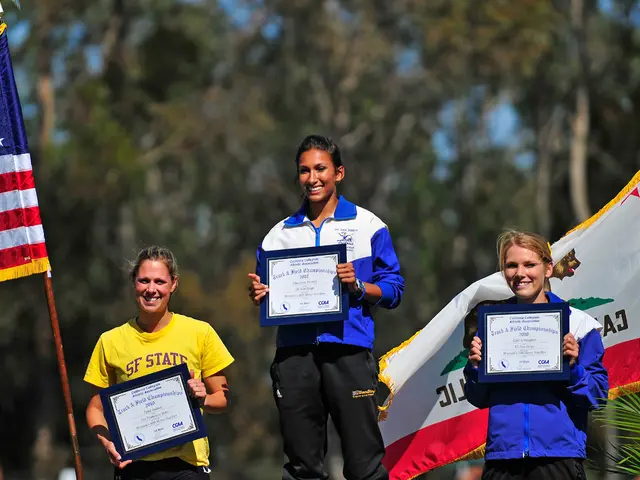1980 Coup Reshaped Türkiye's Literary Scene and Identity
Türkiye's literary scene has long been intertwined with politics, reflecting the spirit of the political climate. The September 12, 1980 coup had a profound impact on this relationship, reshaping cultural production and daily life.
Before the coup, the 1970s saw an ideological struggle between right and left, permeating every aspect of life. Literature was no exception, with two currents emerging post-coup: leftist works focusing on social struggle and rightist works emphasizing traditional-national values.
The coup was more than just a military operation; it became a rupture that disciplined thought, speech, and cultural life. Authors like Barbaros Altuğ addressed its effects, reflecting on individual alienation and urbanization. Their works challenged official historiography and explored themes like identity and social change.
As Türkiye stepped into a consumer society in the 1980s, consumption became the defining factor of identity. Yet, artistic resistance and individual creativity persisted, coexisting with elitism and Western-oriented cultural spaces in urban centers. Understanding this era requires examining not just banned books but also daily life and cultural engineering.
The Sept. 12, 1980 coup in Türkiye had a lasting impact on literature and culture. It reshaped the relationship between politics and literature, giving rise to new literary currents and challenging established norms. The post-coup era saw a complex interplay of resistance, change, and adaptation, reflecting the country's evolving identity and societal shifts.







